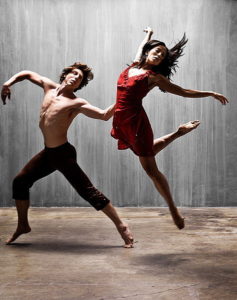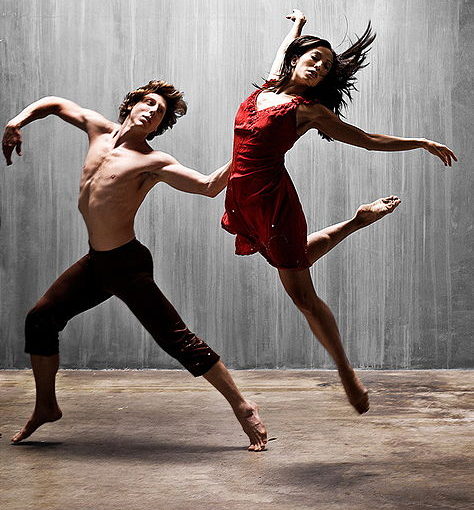This is not exactly a newspaper article; so if that’s what you came for, you should probably leave. On the other hand, if you’re up for some introspective ramblings about poetry, stick around.
I ran across Dana Gioia’s “Prayer” recently. It’s the kind of poem that makes you shiver, which is rare.

Part of its beauty no doubt stems from its context — Gioia wrote the poem after the death of his infant son. Several of the poems from Gioia’s collection “The Gods of Winter” circle around this loss, but “Prayer” especially struck me.
He paints a beautiful scene first, and then offers his prayer to the “seducer, healer, deity or thief” who stole his son.
“I will see you soon enough,” he says, “but until then I pray, watch over him as a mountain guards its covert ore and a harsh falcon its flightless young.”
Actually, I won’t just give you bits and pieces. This newspaper is now interactive — go read Dana Gioia’s “Prayer.” Or listen to the choral version with music by Morten Lauridsen. I’ll wait for you here.
Done? OK, I’ll continue now.
Gioia’s plea to the thief is truly beautiful in its simplicity (watch over him), but he adds an incredible modifier in the last line that colors in his loss — watch over him, as the harsh falcon watches over its flightless young. Watch over him as a mountain that guards the precious things held inside of it.
His son, his flightless infant, was stolen from him. And when reading his plea, it seems impossible not to reciprocate Gioia’s pain over the theft of something so beautiful, with so much potential.
Since reading Gioia’s “Prayer,” I’ve been thinking about living within the context of things stolen. Just by being alive, we’ve won a lottery. It’s cliché, yes, but life is precious. Countless people, the innumerable faceless masses of the dead, didn’t get to have as many days as you and I have, even at this unfinished point in our lives.
In a sense, our lives consist of stolen moments — stolen breaths, glances, kisses — moments the dead or those who will never be never had, or never will have.
The choreographer of entrances and exits is beyond us, but we are the dancers who move to the choreographer’s unknown rhythm. We, the living, have yet to exit.
And so perhaps it is our duty to live our lives dedicated to the beauty of our stolen moments, poems and songs to the departed.
